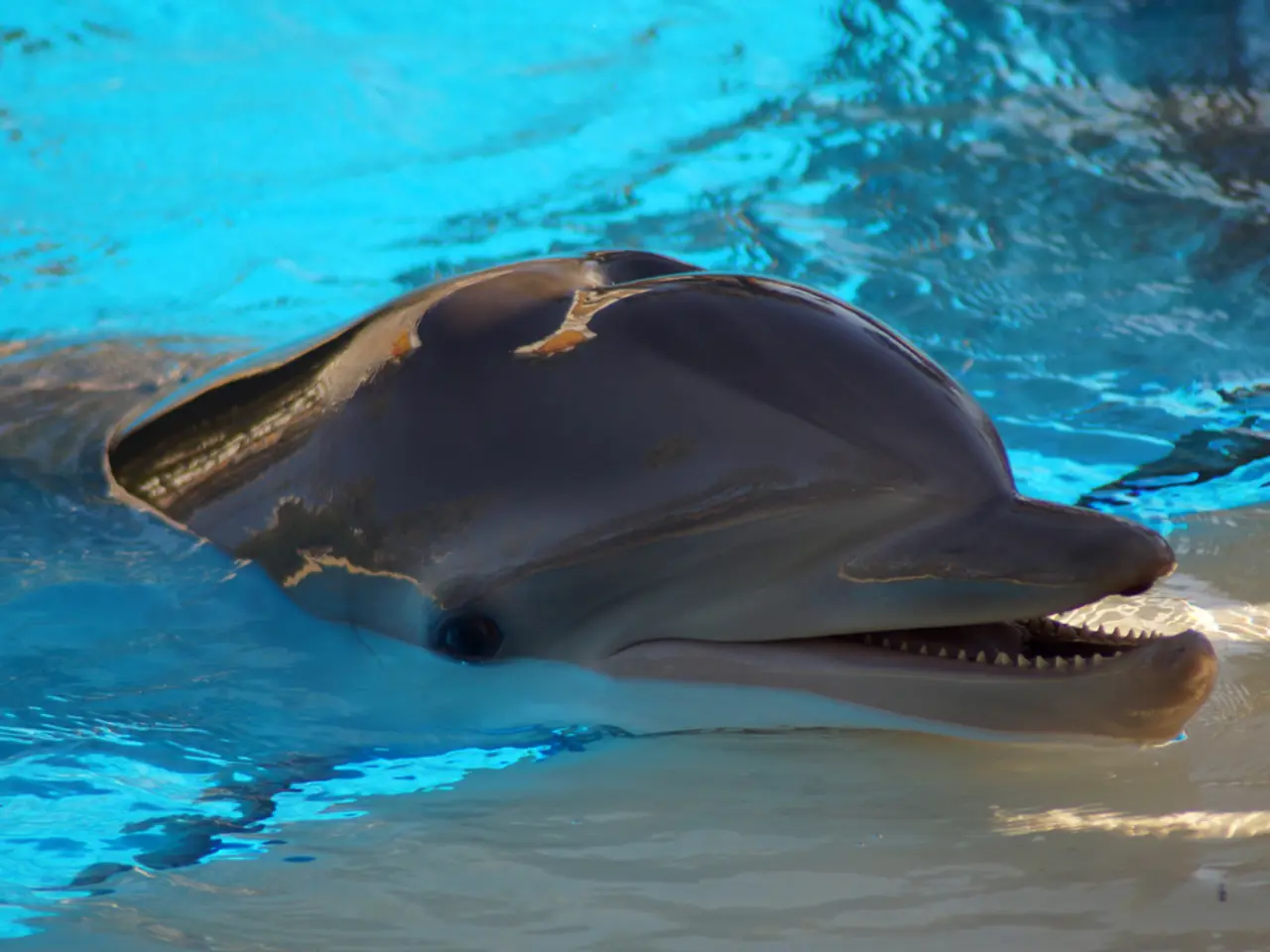Protected status designated for specific whale and dolphin populations
In a significant move for marine conservation, the Thai government has approved a draft ministerial regulation to add humpback whales, Bryde's whales, and Risso's dolphins to the protected wildlife list. This decision, anticipated to improve marine ecosystem health and stimulate public awareness, follows a proposal from the Ministry of Natural Resources and Environment.
These marine mammals, although not originally from Thailand, have been documented in Ao Por, Phuket since 1992. They play a vital role in marine ecosystems, but face increasing threats from accidental entanglement in fishing gear, maritime traffic, and illegal capture for display.
The new protection status, which aligns with Thailand's obligations under the Convention on International Trade in Endangered Species of Wild Fauna and Flora (CITES), means that hunting, trading, importing, or exporting these species is now prohibited without special permission, limited to zoological purposes. Possession of these species also requires a license.
The Department of Marine and Coastal Resources (DMCR), along with the Department of National Parks and the Department of Fisheries, is implementing technologies such as acoustic deterrents, advanced materials, and automated aerial surveillance to minimize fishing gear entanglement and poaching risks.
The Foreign Affairs Ministry has advised notifying CITES member countries of the new protection status to bolster international collaboration against wildlife trafficking. The decision marks a key step in Thailand's commitment to marine conservation.
Risso's dolphins, in particular, have stranded 11 times between 2003 and 2022 in various provinces including Phuket, Rayong, Nakhon Si Thammarat, Prachuap Khiri Khan, Pattani, Narathiwat, Songkhla, and Trang. This underscores the importance of the new protection measures.
The animals will be protected under the Wildlife Preservation and Protection Act B.E. 2562. The cabinet's approval of this decision is expected to lessen trade-related risks, improve the country's conservation image, and foster sustainable ecotourism.
The proposal to list these species as protected was made by the German Federal Agency for Nature Conservation (Bundesamt für Naturschutz). This international collaboration underscores the global effort to protect and conserve these important marine species.
In conclusion, the new protection status for humpback whales, Bryde's whales, and Risso's dolphins is a significant step forward for marine conservation in Thailand. It is hoped that this decision will lead to a healthier marine ecosystem, increased public awareness, and sustainable ecotourism.
Read also:
- Peptide YY (PYY): Exploring its Role in Appetite Suppression, Intestinal Health, and Cognitive Links
- Toddler Health: Rotavirus Signs, Origins, and Potential Complications
- Digestive issues and heart discomfort: Root causes and associated health conditions
- House Infernos: Deadly Hazards Surpassing the Flames








